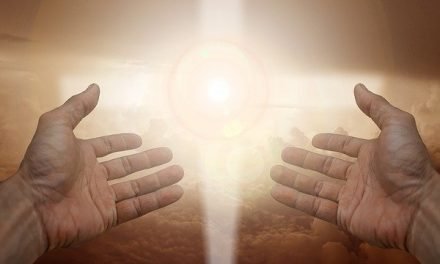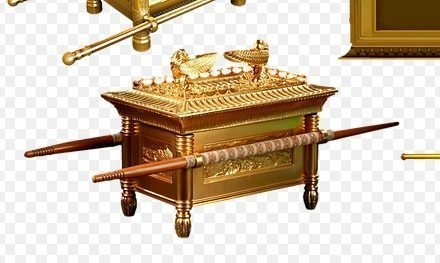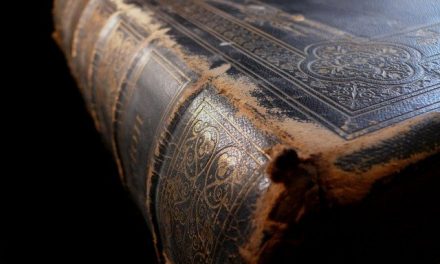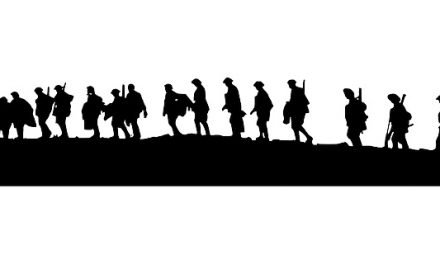If you have people around you that love you enough to question an action of yours, oftentimes it is worth listening to and taking more seriously. It takes courage for the people in your life to confront you. They don’t do so often without reason. Especially when you are justifying sin.
David was having many victories and one day he decided he needed to count the number of soldiers he had. Joab told him not to do this wicked thing and bring guilt on Israel. But David persisted so Joab obeyed orders.
What was the problem with counting your soldiers? For David and for Israel, it was putting their faith in their military might and not in the LORD. Israel was a covenant nation and were to do things differently than the Gentile nations of the world.
So Joab counted although he didn’t count the military people of Levi and Benjamin because he knew the command of David was detestable. Eventually David realized his sin and repented. But that didn’t mean there wasn’t a cost.
For David’s evil actions, God was to render judgment. So he gave David three choices of judgment: 1) Three years of famine, 2) Three months of devastation by the sword, or 3) Three days of pestilence from an angel of the Lord. David chose the last one throwing himself on the hope that God would show mercy.
The pestilence began and 70,000 died. But before the three days were up the LORD was so grieved he relented. David was deeply sorrowful as well seeing how his actions had brought destruction on others:
“Wasn’t I the one who gave the order to count the people? I am the one who has sinned and acted very wickedly. But these sheep, what have they done? My LOrD God, please let Your hand be against me and against my father’s family, but don’t let the plague be against Your people” (1 Chr 21:17).
So the Lord stopped the plague. Then David went to offer sacrifices and burnt offerings for his actions. He went to the threshing floor of Ornan to buy the property to make the sacrifice. Ornan was willing to give it all to him but David refused.
“I will not take for the LORD what belongs to you or offer burnt offerings that cost me nothing” (1 Chr 21:24).
David knew that the whole point of sacrifice was that it cost us something. It cost God something. And he wasn’t willing to take the cheap and easy way out.
Some may ask why did God do this? Isn’t it the soul who sins that dies (Ex 18:20)? The Scripture in Exodus is more of a salvific verse where the context here is judgment on the people.
And why did God allow 70,000 to die for a sin David committed? Shouldn’t he have been the one to have paid the price?
It’s a hard question. But the actions of rulers have direct consequences for the people. Just as there was great blessing for all of Israel when David individually obeyed the Lord, so also there was great consequence when he didn’t. Perhaps the elders should have stood more firmly against this wickedness. Or even the people. It’s hard to say. But in some ways this has always been the case that our sin affects more than we realize:
- The sin of an adulterous relationship in a marriage breaks apart the family which can cause great trauma in the children and spill even to the grandchildren
- The sin of foolish spending that leaves a family in great debt and poverty and affects the children’s education, sense of safety and more
- The sin of bitterness which spreads to the many
But all of it could have been stopped if David had trusted the LORD. Or even just listened to Joab. But he found some way to justify in his mind his sin. It’s something we all do.
I once had an email exchange with an ultra-orthodox rabbinic Jew. I was telling him about I did at the time and that I needed to be mobile and move a lot. He said something that has never left me even many years later:
How can you be holy with such mobility?
As I pondered that question, I realized there is a deep truth he was referring to here. To talk in holiness and righteousness means we walk together. We need the people in our life to sharpen us, but also to confront us when we drift.
David had that, but he rejected it. The consequences were costly and couldn’t be taken back. His regret was deep. But let’s let his mistakes be our learning curve.
Let’s do this life together. Speaking truth to one another in love.







